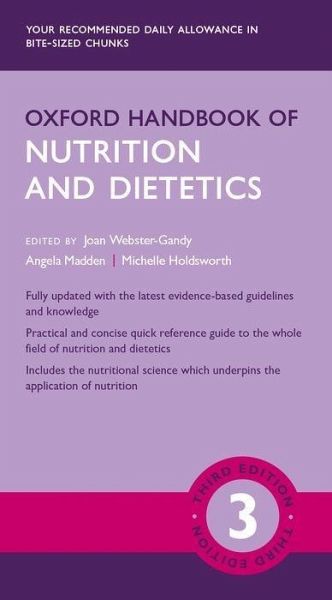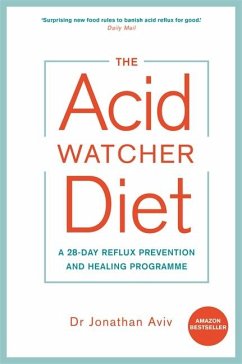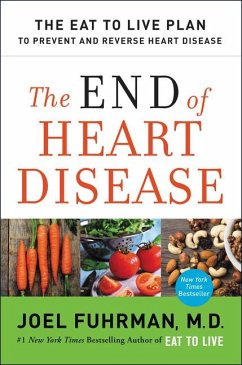
Broschiertes Buch
Oxford Handbook of Nutrition and Dietetics
Versandkostenfrei!
Versandfertig in 2-4 Wochen

PAYBACK Punkte
27 °P sammeln!




Fully updated, the Oxford Handbook of Nutrition and Dietetics, third edition is a practical quick-reference guide to nutrition in the prevention and treatment of disease and the maintenance of good health.
Dr Joan Gandy is a Registered Dietitian who has worked as a dietitian in a variety of settings. She studied for her PhD while working at the MRC's Clinical Research Centre. She worked at Oxford Brookes University as a Senior Research Fellow and helped set up an MSc in Public Nutrition (Nutrition) at Westminster University. Her main areas of research are hydration, public health, and energy balance. Dr Angela Madden is a Registered Dietitian. She graduated from the University of Surrey and worked as a clinical dietitian in the NHS for 11 years before becoming a Research Fellow at the Royal Free Hospital. She was awarded her PhD for her thesis entitled Nutritional Status and Body Composition in Patients with Chronic Liver Disease. She has continued her career as a lecturer at London Metropolitan University and more recently at the University of Hertfordshire where she leads a team of dietitians and nutritionists involved in teaching and research. Prof Michelle Holdsworth is a Registered Public Health Nutritionist (UK Nutrition Society) and a Registered Dietitian. After working in various NHS hospital and community dietetics posts in the UK, she developed research interests in evaluating the effectiveness of community nutrition projects and went on to study for a PhD in Public Health Nutrition at the University of Leicester. She has worked as Chargée de Recherche for the French National Institute for Sustainable Development (IRD)for 8 years altogether, based in the UMR NUTRIPASS (Joint Research Unit on Food & Nutrition Research Global South), where her research is focused on changing food environments and dietary behaviours in Africa. She has worked for 12 years at the Universities of Nottingham and Sheffield in the UK, initially as Assistant Professor, then Associate Professor and subsequently Full Professor.
Produktdetails
- Verlag: Oxford University Press
- 3rd edition
- Seitenzahl: 960
- Erscheinungstermin: 8. September 2020
- Englisch
- Abmessung: 185mm x 106mm x 38mm
- Gewicht: 484g
- ISBN-13: 9780198800132
- ISBN-10: 0198800134
- Artikelnr.: 58459829
Herstellerkennzeichnung
Libri GmbH
Europaallee 1
36244 Bad Hersfeld
gpsr@libri.de
Für dieses Produkt wurde noch keine Bewertung abgegeben. Wir würden uns sehr freuen, wenn du die erste Bewertung schreibst!
Eine Bewertung schreiben
Eine Bewertung schreiben
Andere Kunden interessierten sich für











